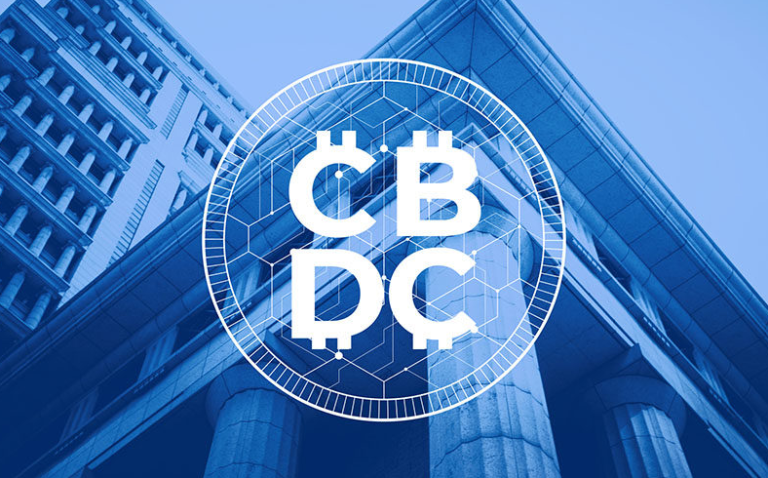Embracing the Bright Side of Social Media
Introduction
Social media has become an integral part of modern society, reshaping how we communicate, connect, and share information. While it often receives criticism for its negative impact, it’s essential to acknowledge the positive aspects it brings to our lives. This essay explores the bright side of social media, highlighting its potential to foster connections, empower individuals, and drive positive change.
Facilitating Connections
Social media platforms enable individuals to connect with friends, family, and acquaintances regardless of geographical barriers. These platforms serve as virtual meeting places where people can share experiences, celebrate milestones, and provide support during challenging times. Through messaging, video calls, and group chats, social media strengthens interpersonal relationships and fosters a sense of community.
Promoting Creativity and Expression
Social media provides a platform for creative expression, allowing users to showcase their talents, hobbies, and artistic endeavors. From photography and writing to music and filmmaking, individuals can share their creations with a global audience, receiving feedback and recognition in real-time. Platforms like Instagram, YouTube, and TikTok have democratized creativity, empowering anyone with a smartphone to become a content creator.
Enabling Knowledge Sharing and Learning
Social media serves as a vast repository of knowledge, where individuals can access educational resources, tutorials, and expert insights on various subjects. Platforms like Twitter and LinkedIn facilitate professional networking and skill development, connecting learners with industry leaders and mentors. Additionally, online communities and forums provide opportunities for peer-to-peer learning and collaboration, enriching individuals with diverse perspectives and experiences.
Amplifying Social Causes and Activism
Social media has emerged as a powerful tool for raising awareness about social issues and driving collective action. Hashtags, campaigns, and viral challenges mobilize individuals to support charitable causes, advocate for human rights, and demand accountability from institutions. Movements like #MeToo, #BlackLivesMatter, and #FridaysForFuture have sparked meaningful conversations, inspired policy changes, and empowered marginalized communities to amplify their voices.
Enhancing Business and Entrepreneurship
Social media has revolutionized the way businesses engage with customers, market their products, and expand their reach. Platforms like Facebook, Instagram, and LinkedIn offer cost-effective marketing solutions for startups and small businesses, enabling them to target specific demographics and measure the effectiveness of their campaigns. Influencer marketing has also emerged as a lucrative avenue for brands to connect with consumers through authentic storytelling and endorsements.
Social Media Platforms
Social media platforms continuously evolve to provide users with innovative tools for creative expression. For instance, Snapchat introduced AR filters that overlay virtual elements onto real-world images, inspiring users to experiment with augmented reality and express themselves in new ways. TikTok’s algorithm-driven content discovery mechanism encourages creativity by exposing users to a diverse range of content and trends. This algorithmic approach ensures that even creators with a small following have the opportunity to reach a larger audience based on the quality and relevance of their content. Collaborative features on platforms like Google Docs and Pinterest enable users to co-create content and gather inspiration from others, fostering a sense of community and collaboration among creators.
Features of Social media Platform
Social media platforms offer a plethora of features beyond text-based communication. For example, platforms like Snapchat and Instagram Stories enable users to share ephemeral photos and videos, providing a more spontaneous and authentic way to connect. Facebook Groups cater to niche interests and communities, fostering deep connections among like-minded individuals. Whether it’s a group for pet lovers, book enthusiasts, or professional networking, these communities provide a space for meaningful interactions and support.
Virtual Reality (VR) and Augmented Reality (AR) technologies
Virtual reality (VR) and augmented reality (AR) technologies are increasingly integrated into social media platforms, offering immersive experiences that enhance social interactions. Platforms like Facebook’s Oculus VR enable users to engage in virtual hangouts and experiences, further blurring the lines between physical and digital connections.
Benefits of Social Media Platforms
- Social media platforms are increasingly investing in educational initiatives and features to support lifelong learning. For example, LinkedIn Learning offers a wide range of courses taught by industry experts, covering topics such as business, technology, and creative skills.
- Social learning platforms like Coursera and Udemy leverage social features to enhance the learning experience, enabling students to collaborate on projects, participate in discussion forums, and receive feedback from peers and instructors.
- Podcasting has emerged as a popular medium for knowledge sharing, with platforms like Spotify and Apple Podcasts providing creators with tools to reach a global audience and share expertise on various subjects.
Social Media Analytics
- Social media platforms offer robust analytics and insights tools that enable businesses to measure the performance of their social media marketing efforts and optimize their strategies accordingly. From tracking engagement metrics to monitoring audience demographics, these tools provide valuable data for informed decision-making.
- E-commerce integrations on platforms like Instagram and Facebook enable businesses to streamline the shopping experience for customers, driving conversion rates and increasing revenue. Features such as shoppable posts and in-app checkout make it easier for users to discover and purchase products directly from social media.
- Social media listening tools allow businesses to monitor conversations about their brand in real-time and respond to customer inquiries and feedback promptly. By actively engaging with customers on social media, businesses can build brand loyalty and foster meaningful relationships with their audience.
By exploring these additional layers of social media’s positive impact, we gain a deeper understanding of how these platforms contribute to connection, creativity, learning, activism, and entrepreneurship in today’s digital landscape.
Conclusion
In conclusion, social media’s positive impact extends beyond mere communication and entertainment, encompassing creativity, learning, activism, and commerce. By harnessing its potential responsibly and leveraging its diverse features, individuals and businesses can cultivate meaningful connections, drive positive change, and thrive in the digital age.
FAQs:
1. What are the positive aspects of social media?
2. How can social media benefit personal and professional growth?
3. How can social media contribute to mental well-being?
4. Can social media be a tool for social change and activism?
5. How can I cultivate a positive experience on social media?
6. What are some ways to manage social media usage effectively?
7. How can businesses leverage social media for growth and success?
8. How does social media influence creativity and innovation?
9. Can social media promote cultural exchange and global understanding?
10. How can I navigate challenges and negativity on social media?







